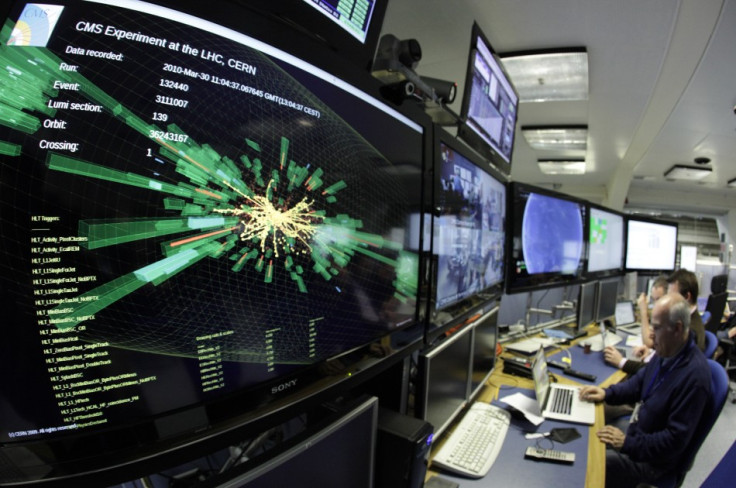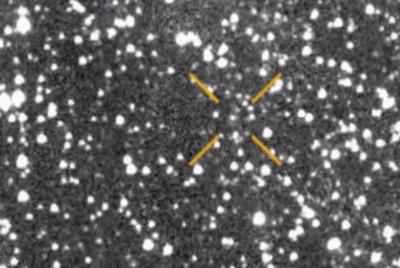Big Bang Experiment: Will it Confirm ‘God Particle’?

Physicists working at the Large Hadron Collider, a particle accelerator at CERN Laboratory in Switzerland, are set to reveal their latest findings within a fortnight.
The experts, who are attempting to slam particles together hard enough to break them into never-before-seen pieces, are hoping to solve some of the biggest puzzles in nature.
The scientists are working from the two main experiments targeting the Higgs boson. They are due to disclose their latest inferences at a seminar even as enthusiasts across the world are eagerly awaiting the results.
According to the Telegraph, researchers from the ATLAS and CMS teams will come up with the latest update on December 13. They are not very much likely to confirm the existence of the particle, but some data backing some confident guess of one way or the other could be revealed at the session.
The experts from both the teams, which include British physicists as well, won't even share or compare their respective data beforehand, in a bid to avoid biasing their interpretation of their own findings. This means even those working on the two streams will not know until the seminar what their findings mean in the context of the results from the other group, the newspaper report has said.
The Higgs boson is a key component of the standard model of physics which scientists believe gives mass to everything in the universe. The existence of the particle in its expected form will confirm the common theories on how atoms are put together. But, if the latest experiments show a number of Higgs bosons with different masses or disprove the particle entirely, it would shake up the very fundamentals of molecular physics.
A definitive result is very much unlikely at this stage, according to experts. But if the findings of the two teams match, it could become the strongest yet indication of the existence or non-existence of the so-called "God particle", according to Dr Alan Barr of Oxford University who is also the Physics Coordinator for the ATLAS UK collaboration.
Dr Barr added: "It is anticipated there may be some interest in this because we collected five times more data this year than we anticipated. This is enough to give pointers of what is happening - whether there is a Higgs boson, there is no Higgs boson, or there is something completely different, and even more interesting.
"Physicists require one in a million odds [of an error in their result] to claim a discovery. Gaining that degree of confidence is likely to need careful analysis well into next year.
© Copyright IBTimes 2025. All rights reserved.





















